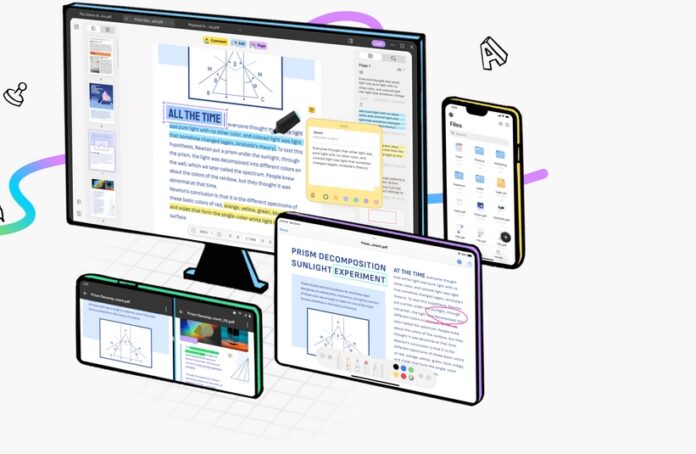Exam time is approaching fast. Therefore, it’s time to start thinking about your academic goals.
It may seem hard to keep your head in the game in a world of constant distraction, but it is achievable. However, academic performance is so vital for your future that no one should be forced to choose between watching Game of Thrones and studying.
Students, particularly overseas ones, may become bored in their studies for a variety of reasons. Students frequently fail to establish clear objectives and a corresponding incentive system and, as a result, become prey to external influences.
And, let’s face it, who wants to study when you might be out having fun?
Low exam results and having to retake classes are all too common as a result. In order to help you reach your academic objectives, here are a few pointers.

1. Try to narrow down your goals
As soon as you know what you want, make sure your objective is SMART:
- Specific
- Measurable
- Attainable
- Realistic
- Time-bound
In order to keep track of your progress and determine if you’ve achieved your objective, it’s critical to use SMART goal-setting techniques. As explicit as possible, the more likely it is that you will achieve your goal.
2. Using UPDF to read and edit PDF to make digital reading more productive and easier to archive
Use the UPDF to modify and organize PDF documents. It works on both Windows and Mac computers. It takes only a few minutes to complete your task. The best part is that it comes with none of these extra costs.
You have to import files to edit them, and you can move pages around by dragging and dropping.
It’s critical to make a mark on paper, especially if you want to draw attention to a particular area. The annotation feature of the UPDF is highly regarded since it is a practical way to boost productivity in PDF.
In addition to taking notes, you may highlight, underline, and strike out certain sections of important papers using this innovative PDF editor tool. Shapes and text boxes can be used to speed up the process of inserting text. Sticky notes and stickers will be readily available to you as you work your way through your PDF.

3. Say Goodbye to Distractions
During class, it’s easy to swap notes with a classmate or draw in your notebook. You’ll quickly come to know that your biggest error in class was not paying attention. If you don’t listen to your teacher, you won’t be able to grasp the concepts in your textbooks.
Always take a seat at the head of the table. Knowing that your teacher is keeping an eye on you makes it less likely that you will engage in class slacking off.
Engage in discussion and ask questions at all times. Even if you don’t learn anything new, it will keep your brain active.
It’s pleasant to study in a group. Make sure you pick your study partners carefully since they might either make or kill your academic career. Conversations over your favorite television show may easily get out of hand.
Teachers can also create and manage student groups using online platforms and assign tasks and documents that students can collaborate on. This feature allows students to collaborate and share ideas in real-time, which can enhance the learning process and foster teamwork and collaboration.
4. Learn a Time Management Technique
Learn how to successfully manage your time if you want to stay focused on your goals. To avoid getting sucked into the maze of parties, Netflix, and classes, you must have it.
Choosing a quadrant time management system is the best option. You must split your everyday tasks into four quadrants based on their urgency and relevance. This allows you to exclude tasks that aren’t time-sensitive.
It’s also a good idea to make daily plans based on your class schedule. Make a list of your academic objectives and stick to them like glue.
Using this technique, you may cultivate the habit of thinking ahead all the time. In addition, you may map out your professional path and identify the steps you need to do to get there!

5. Exercising and meditating
Even if it may seem like an extravagance in the midst of your hectic schedule, finding time for regular exercise and meditation will benefit your mind and body alike. You’re more than likely going to be mentally drained and unable to concentrate in class if you have such a tight schedule.
Your physical and mental health will benefit from regular workouts as well as meditation. Spend an hour jogging around campus or taking a yoga session at the gym. For those times when you need medical care but don’t have the money, here are some affordable options.
6. A Relaxed Environment Is a No-No
You’re more likely to get distracted if you study in a setting where you’re used to being there. Hello there, eyelids!
Do not use your bed as a study space. Students may find it difficult to obtain a good night’s sleep due to their nocturnal lifestyles. A good sleep hygiene practice might help you if you’re having trouble falling asleep or staying asleep at night. In addition, you should refrain from working or studying in your bedroom.
Invest in a study table and chair. If you’re going to be studying late at night, make sure that the lights are all on. There is no need to close your eyes at all. Open a book with a cup of coffee or tea beforehand. Caffeine is a buddy of yours.

7. Boost Yourself Up
Always imagine the outcome of your efforts. You’ll be able to stay on track if you do this. Visualize yourself as a CEO or as the author of your very own book. Watch TED Talks videos on YouTube. When you’re overwhelmed with school or a job, listening to motivational speakers and TED speaker coaches may do wonders.
The Bottom Line
To succeed academically, you must put in the time and effort.
Many students believe that they must give up everything in order to graduate from college. This is not the case. However, it’s okay to take a break every now and then. If you’re feeling overwhelmed by school, take a stroll or eat lunch with a buddy.









